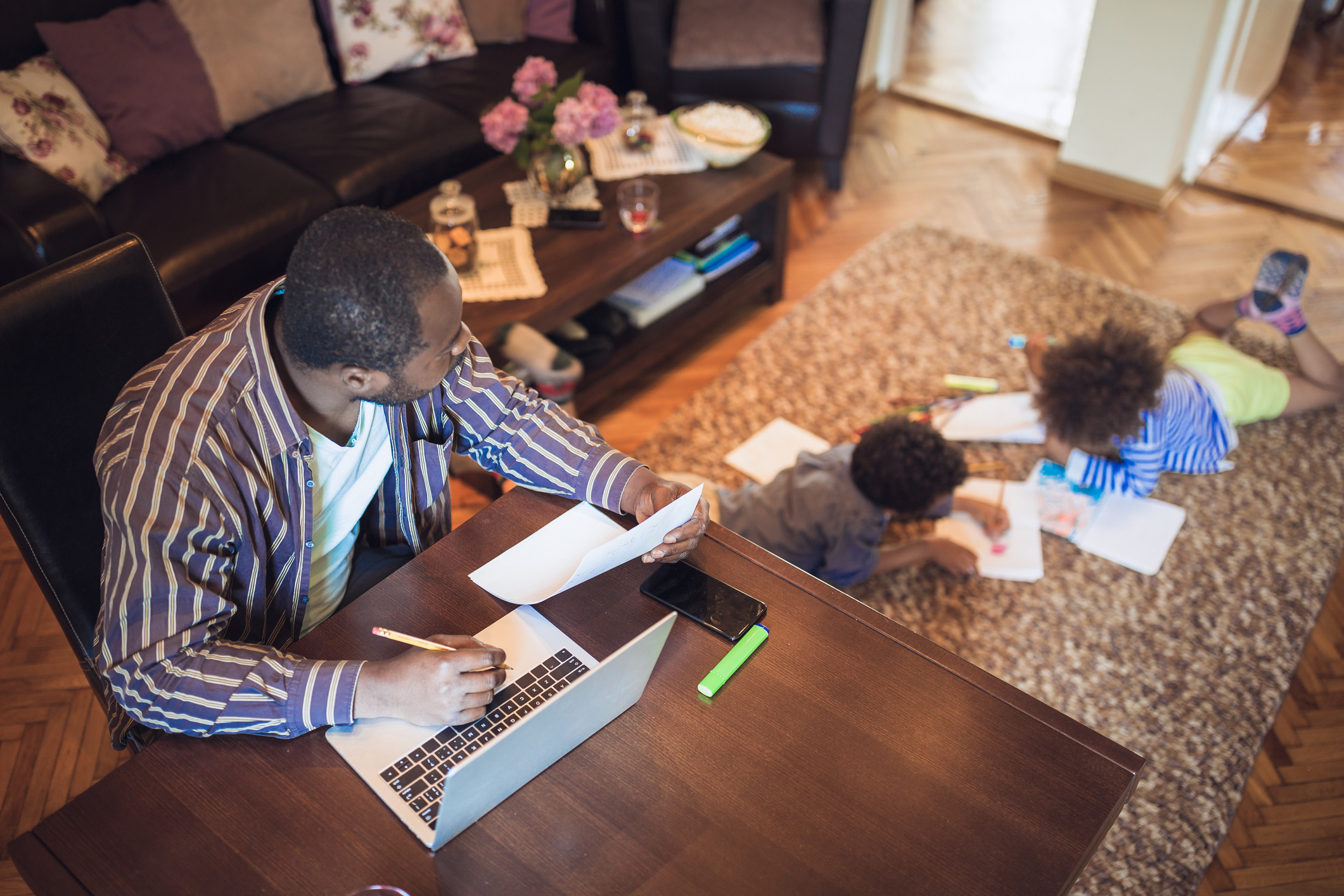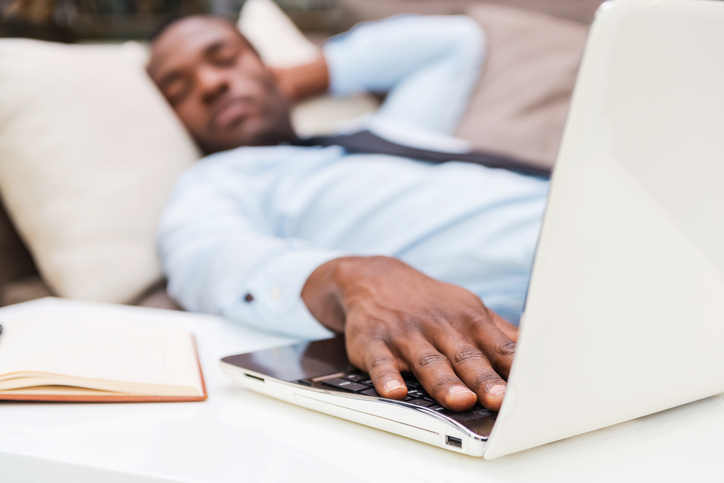
When companies started sending people to work from home in early 2020, nobody could have imagined that almost one year later they would still be working from home. While some people have thrived with this arrangement, many are struggling.
It seems that my patients have gone from working at home to living at work, and that shift is taking a toll on their overall mental health. Here are three of the most common causes of stress-related to working from home.
Impaired concentration
Impaired concentration is the most common symptom that people are reporting related to working from home. Driving to work daily and being in that environment put you in a different mindset than walking to another room in your home or working from your bedroom. This may be further complicated by others in the home who interrupt you during your workday simply because you are more accessible.
If you are trying to work from home and home school children, the ability to focus on work tasks can seem impossible at times. Some people also find it difficult to resist the urge to stop and clean the kitchen or do a load of laundry in the middle of the day simply because they are home.
The best way to deal with this is to add as much structure to your day as possible.
- Get up and go through the motions as if you are going to work. Whatever your typical morning routine is, follow it. This will help get you in the mindset that you are shifting to work time and may help. If you are typically a shower, get dressed, and have coffee on the way out of the door kind of person, continue to do all those things.
- If possible, set a designated workspace in the home. If you have a separate room that you can enter and use for work only, that is ideal. It will help you train yourself that when you are in that space it is time for work.
- Minimize distractions, especially if there are things that you would not typically have during the workday, such as watching TV while working or trying to complete household chores while working. If your distractions come from other people in the home, set times that you will check in with them in hopes of avoiding them interrupting you at random times. Even older kids who are schooling virtually can be placed on these scheduled check-ins. These are also a great way to get you moving and taking necessary breaks.
Loneliness
For those who thrive off interactions with other people or those who live alone, the loneliness of working from home has been incredibly stressful. This is made even worse due to the decrease in social interactions outside of work because of the pandemic.
For those dealing with loneliness, creating opportunities for social interactions both professionally and socially can go a long way. If there are issues to deal with that would typically warrant you walking to a colleague’s desk, arrange an opportunity to speak to that person. That call can help break up your day, give you some much needed social interaction, and keep up your communication skills. In addition, finding creative ways to keep in touch socially with friends (while physically distancing) can help you deal better with the social isolation of working from home.

Fatigue
The great majority of people reporting persistent low energy or fatigue also report working more hours than usual since working from home. The concept of designated work hours, for many, has gone by the wayside, and instead, they are working into the evening several nights per week.
This may be due to distractions during the day making it difficult to get work done during the typical workday, employer expectations of working later or after hours since working from home, difficulty setting boundaries with work or poor sleep pattern. Strategies for improvement include:
- Work to get adequate sleep at night. Many people are having a hard time going to bed at a reasonable time and find themselves staying up late even during the week. It is exceedingly difficult to find the energy to make it through the day when not getting adequate sleep consistently.
- Using the strategies above to minimize distractions can maximize the amount of work you are getting done during work hours in hopes of avoiding working too much after hours.
- Setting boundaries with your job as much as possible. Just because you are home, it does not mean that you are free to work all evening. If you have a home office, do not go in there in the evening if you can help it. It will decrease the temptation to respond to emails and go down the rabbit hole of other work issues after hours. If you cannot avoid your workspace during the evenings, try to put your work things away or close them up to avoid the temptation to keep working.
- If you have leave take it! So many people have avoided taking leave and are working without breaks. Vacation time is still important even if you do not leave your house. It can still be a time of recharging and rest that you just do not get when you are working every day.
For more check out this video of Dr. Ericka Goodwin providing some helpful tips on how to overcome pandemic fatigue and the stress associated with it. Presented by BlackDoctor.org and BMS.
Dr. Nicole Washington is a board-certified psychiatrist, speaker, author, and host of The C-Suite Confidant, a bimonthly podcast covering topics pertinent to mental wellness for the busy professional. She enjoys discussing and providing education on all things mental health in hopes of decreasing the stigma associated with mental health disorders. She can be followed on Facebook, Instagram, Twitter, and LinkedIn.









